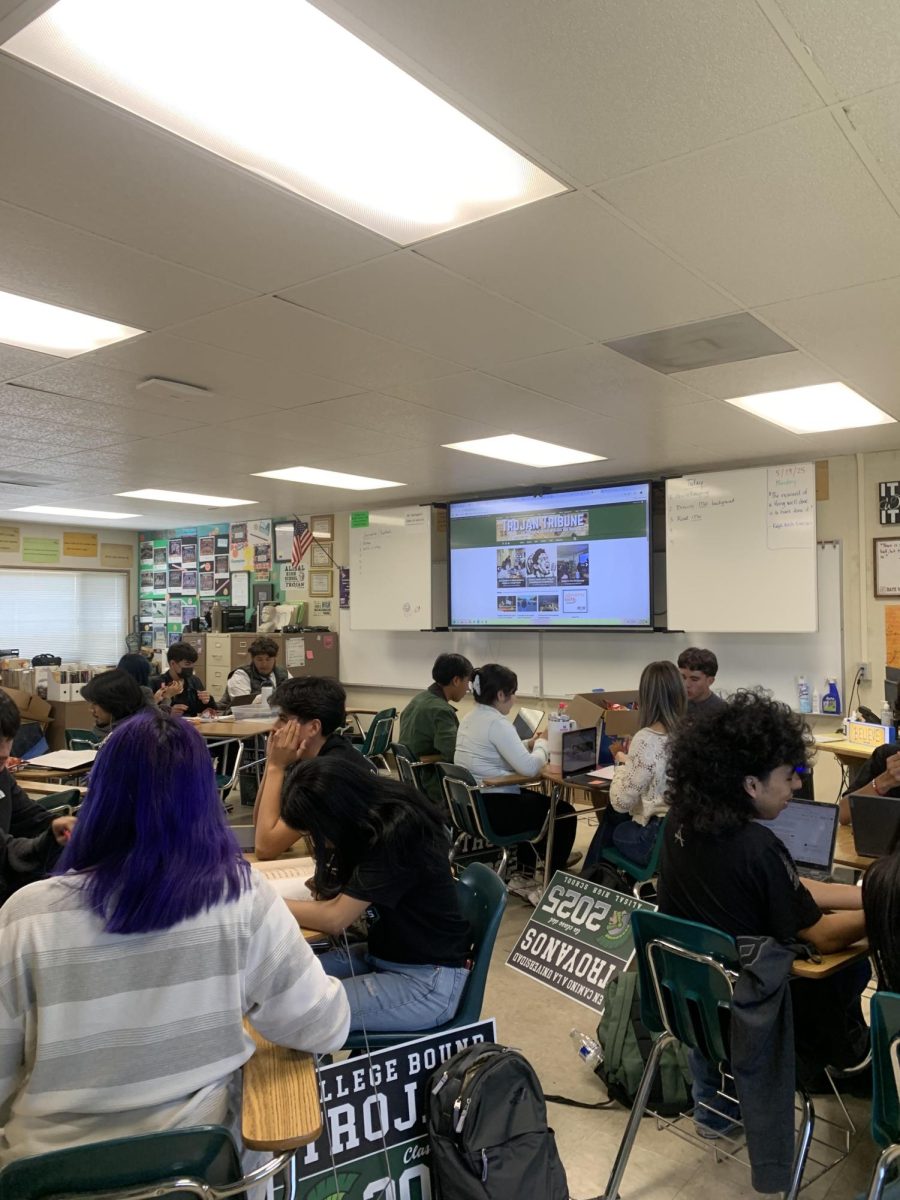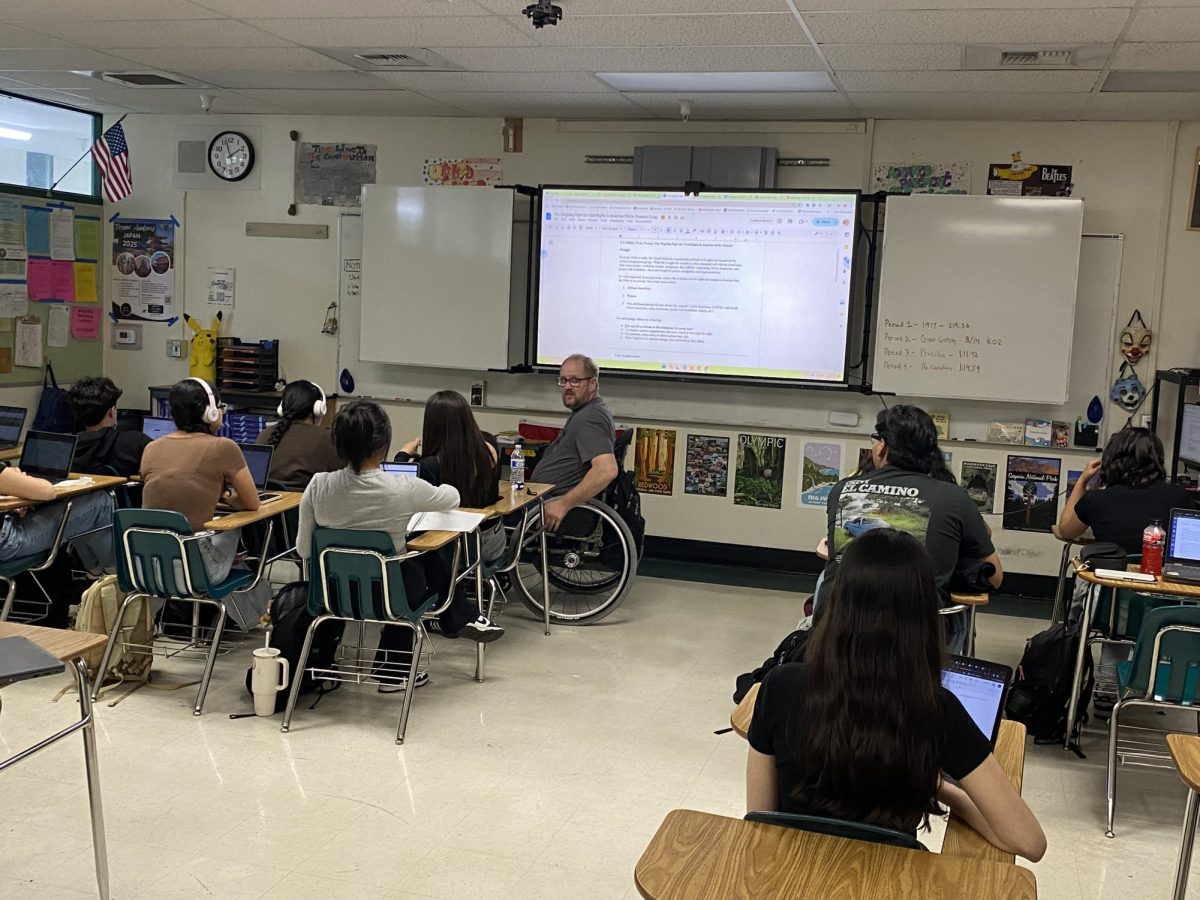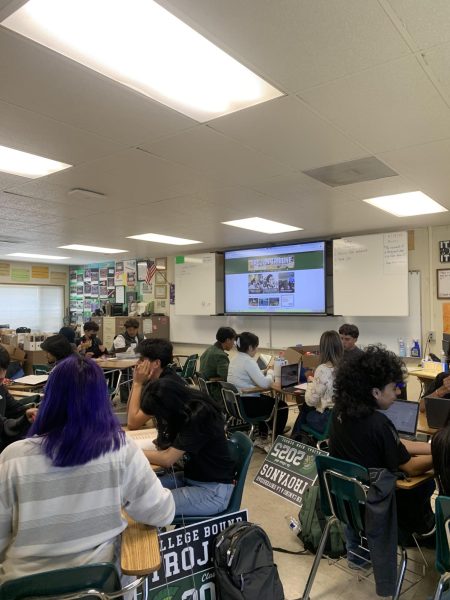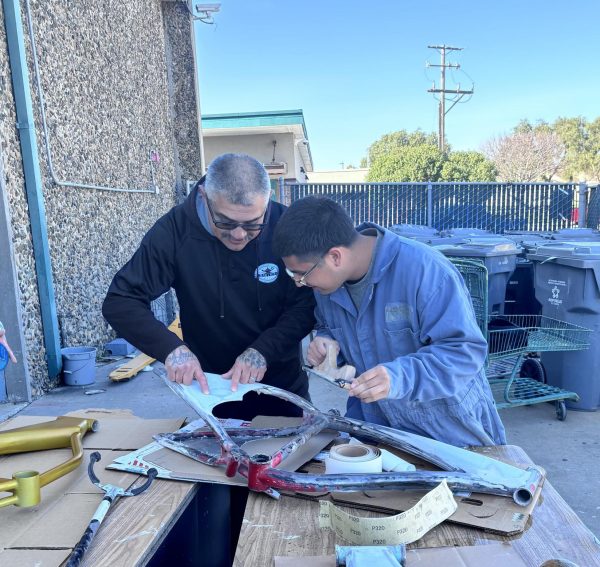Ethnic studies to become a graduation requirement
A life altering decision for students was made on March 26, 2019. Jose Medina, a California State assembly member and politician, presented a law which requires high school students to take ethnic studies. Ethnic studies being a part of the A-G requirements was eventually approved at the State Capitol. Now, high school students entering high school in 2023-24 will have a new graduation requirement.
Now students will get educated on different cultural backgrounds; which seemed important to all who voted. History classes throughout America usually consist of the Americans’ point of view; however, not everyone’s stories are looked upon in the same way. According to Gera Estrada, a junior at Alisal High School, “I believe that the class should be mandatory for all because it would give all students an idea and understanding of the different cultures out there.” He isn’t the only one who agrees with the change. Ethnic studies teacher, Carla Gonzales states, “ I think diversity and multicultural perspectives are quintessentially a part of what it is to be the United States. To be a good mix of people that come from different backgrounds and to have different kinds of folks equally represented is very important.”
In an article by Elizabeth Castillo named “Require ethnic studies to graduate high school? California inches closer to the idea” Democratic Assembly member Jose Medina declared, “This needs to be taught…I don’t know how a person can say they’re educated without knowledge of other groups, other cultures, other histories.” The Salinas High School District was the first district in Monterey County to adopt the new requirement. Alisal High School and Everett Alvarez High School already offer Ethnic Studies. These two schools happen to be the schools with the most Hispanic students in Salinas. Alisal has a 97% of Hispanic enrollment and Everett Alvarez has a 84%.
There are many concerns with adding this new class. One of them is having too many classes for students to focus on. Salinas Union High School students must have 220 credits in order to graduate. This overall counts for 4 years of English, 3 years of social studies, 3 years of mathematics, 2 years of science, 2 years of physical education, 1 year of visual or performing arts, 2 years of foreign language, 1 year of health, 1 year of vocational education, and lastly 3 years of an elective class. Adding a new class to the mix might seem like too much for students to handle.This was Governor Jerry Brown’s position in the assembly meeting. He vetoed a bill in the past year that was alike the one presented by Medina. In an article written by Johnny Bender, Brown said, “While I recognize the value of these courses, I am reluctant to encourage yet another graduation requirement, especially when students are already overburdened by multiple tests and endless hours of homework.”
Ethnic studies will ultimately result in a class being cut in half. With in the requirements students need, health seemed to be the best class to cut into one semester. This is because health is only a highschool requirement, not a University requirement. Carolyn Cleaves, health and department chair and course lead for health education, said, “Health education being cut to half a semester and ethnic studies being cut to half a semester. That really changes the curriculum. So I think the jury’s going to be out on that one. We don’t know how much we will be able to deliver and how much of an impact we will be able to have.” This indicates that cutting the health curriculum in half can potentially affect how much students learn. Cleaves believes that health has just as an important role as ethnic studies. She states, “Health is centered also around students personal background. Doing their personal family history, going into health components, and studying genetics and genetics of their own family history. So, yes I think it has much value to a students personal history, where they’ve been and where they’re going.”
Your donation will support the student journalists of Alisal High School. Your contribution will allow us to purchase equipment and cover our annual website hosting costs.






![Senior Jayden Duarte dives across the goal line for one of his five touchdowns in a dominant 62-40 victory over Monterey. It has been a highly successful season for Duarte, and he credits his coaches for putting him in positions to succeed and make key plays. “The goal is to help wherever the coaches need me, receiver, running back, [and] DB,” he said.](https://alisaltrojantribune.com/wp-content/uploads/2025/10/IMG_3599-2-1200x800.jpg)

























